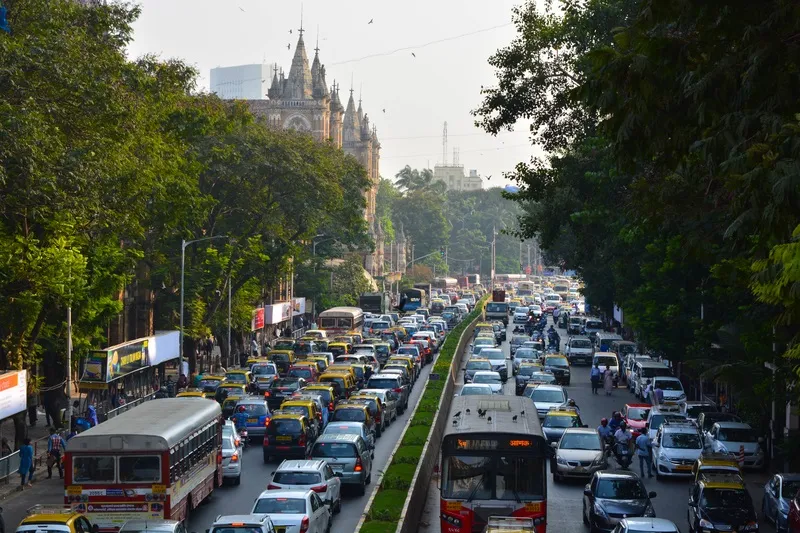UK company Barnshaws Metal Bending is supplying curved steel posts as part of a motorway sign designed to improve traffic flow on the UK’s new smart motorways.
Smart motorways enable the hard shoulder to be used at peak times, creating a temporary fourth lane. Variable message signs (MS4) attached to the curved tubular steel post developed by Barnshaws display information for motorists, including when the hard shoulder is available for use.
The design has resulted in faster installation of the signs
August 1, 2014
Read time: 1 min
UK company Barnshaws Metal Bending is supplying curved steel posts as part of a motorway sign designed to improve traffic flow on the UK’s new smart motorways.
Smart motorways enable the hard shoulder to be used at peak times, creating a temporary fourth lane. Variable message signs (MS4) attached to the curved tubular steel post developed by Barnshaws display information for motorists, including when the hard shoulder is available for use.
The design has resulted in faster installation of the signs and less disruption to traffic during installation and maintenance.










